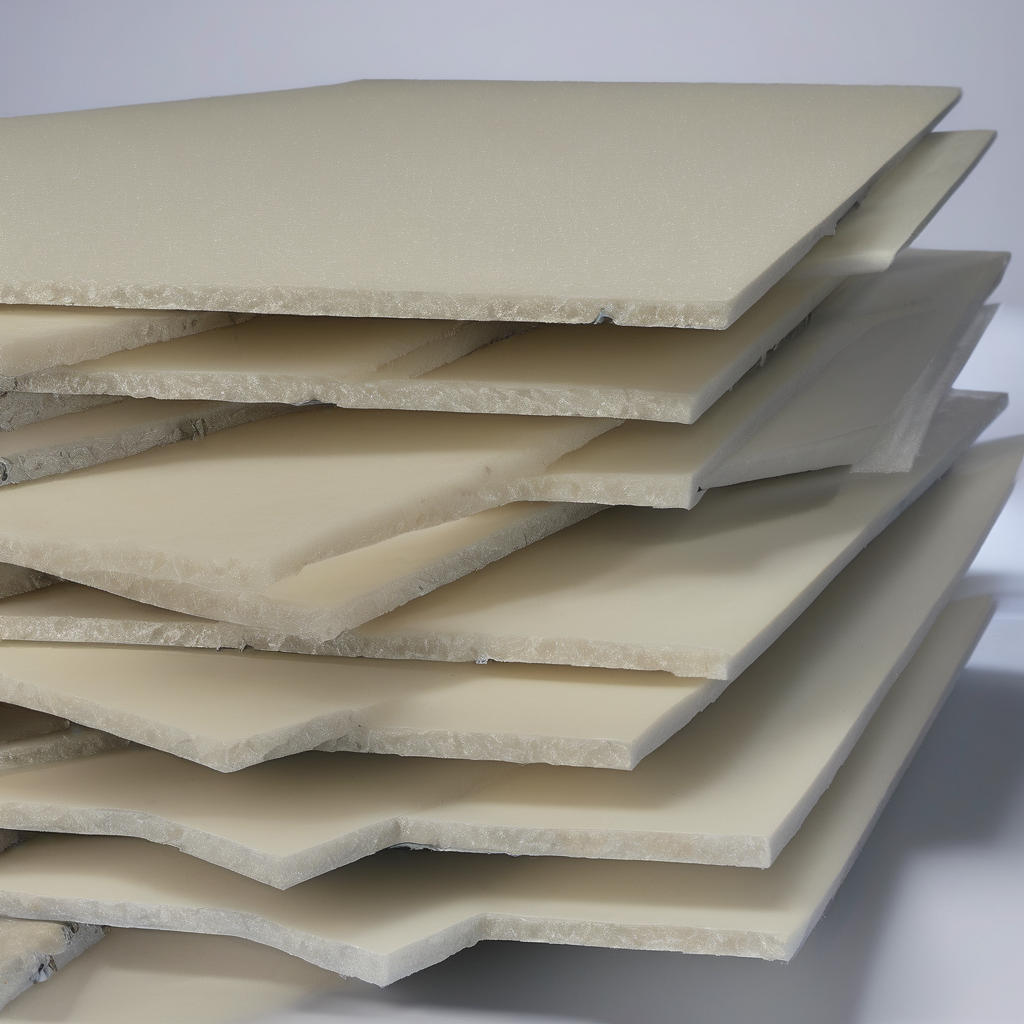Hello, Kiwi homeowners! We all recognise the importance of insulation in maintaining the warmth of our homes during the cold winter months. But have you considered insulating your garage door? Insulating this area can greatly influence your home's energy efficiency and temperature regulation. Whether you're a DIY fan or someone keen on home improvements, this post will guide you through the benefits and options available for garage door insulation.
Advantages of garage door insulation
You might question the need to insulate your garage door. Especially if your garage is connected to your house, insulating the door can greatly reduce heat loss in winter and maintain a cooler environment in summer, enhancing energy efficiency. An added benefit is the reduction in noise, particularly beneficial if you use your garage as a workshop or for hobbies.
Importance of R-Value
The R-value is crucial when discussing insulation. It measures thermal resistance, showing how effectively the insulation prevents heat flow. In simpler terms, a higher R-value indicates superior insulation quality. Always consider the R-value when selecting insulation for your garage door to match your home's needs.
Fibreglass insulation options
This insulation type is a common choice for garage doors. Sold in pre-cut sections, it's easy to fit between the frames of garage doors. It's lightweight and offers a strong thermal barrier due to its high R-value. However, when working with fibreglass insulation, it's essential to wear the right protective equipment to prevent skin or respiratory irritation.
Foam insulation choices
Foam insulation is versatile and effective. You'll find two main types: spray foam and rigid foam. Spray foam expands upon application, sealing gaps and offering a robust R-value. Rigid foam, meanwhile, is available in boards which you can cut to fit your door. Though it might need a bit more effort to set up than spray foam, rigid foam is highly effective in preventing heat transfer and is also resistant to water.
Batt insulation explained
Batt insulation provides a simple and practical solution. These are blanket-like rolls that you can cut and place between your garage door frames. They're available in various materials, notably fiberglass and mineral wool. Both options offer good thermal resistance, making them worthy considerations for your garage door.
Choosing to insulate your garage door is a wise decision that can enhance your home's energy efficiency, comfort, and sound control. When deciding between fibreglass, foam, or batt insulation, remember to think about the R-value, your budget, and your comfort level with DIY tasks. Beyond just the door, ensure the entire garage - from walls to roof - is insulated to maximise benefits. So, get ready, Kiwi homeowners! Boost your home's efficiency by insulating that garage door.

